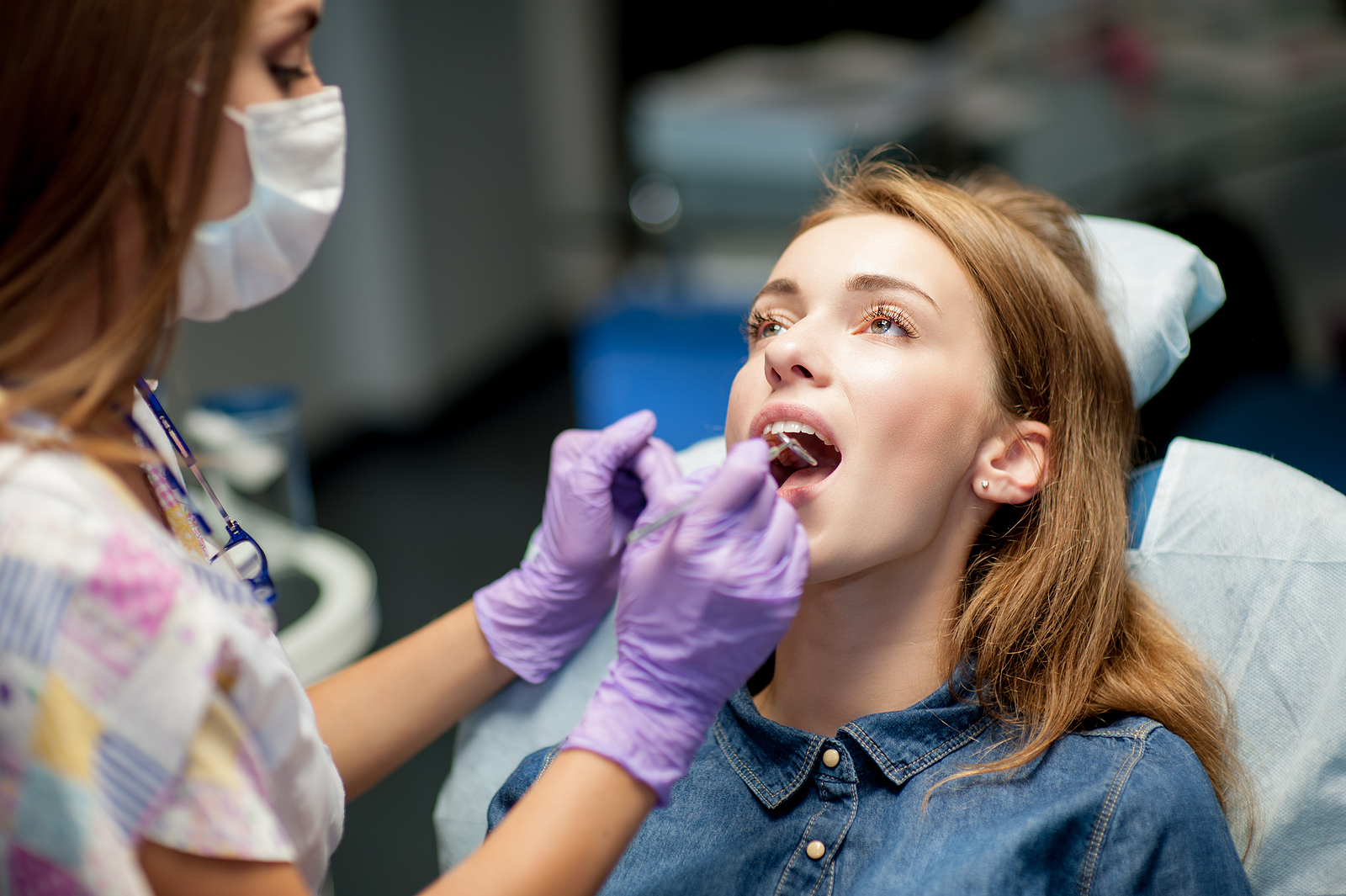Welcome to our blog post all about routine dental exams! Whether you love dental visits or dread them, we've got some valuable information for you. Regular dental exams are not only important for maintaining your pearly whites but also for your overall health. So, let's dive in and discover what exactly happens during a routine dental exam and how you can keep that smile sparkling in-between visits.
The importance of regular dental exams
Regular dental exams are like preventive maintenance for your mouth. They play a crucial role in keeping your oral health in check and addressing any issues before they become major problems. By scheduling routine dental exams, you can stay ahead of potential cavities, gum disease, and other oral health concerns.
One of the key benefits of regular dental exams is early detection. Dentists are trained to spot signs of trouble that may not be obvious to the untrained eye. During an exam, they will thoroughly examine your teeth, gums, tongue, and other oral tissues, looking for any abnormalities or warning signs.
Another important aspect of these exams is professional cleaning. Even with proper brushing and flossing at home, it's impossible to remove all plaque and tartar buildup on your own. Dental professionals have specialized tools that can effectively clean those hard-to-reach areas and give your teeth a thorough polishing.
In addition to preventing oral diseases, regular dental exams also contribute to overall health care. Research has shown that there is a link between poor oral health and systemic conditions such as heart disease and diabetes. By taking care of your teeth and gums through routine check-ups, you're also investing in your overall well-being.
What happens during a dental exam?
During a dental exam, the dentist or dental hygienist will carefully assess your overall oral health. The first step is usually taking a look at your teeth and gums to check for any visible signs of decay, gum disease, or other issues. They may use a small mirror and dental instrument to get a closer look at hard-to-reach areas. Next, they will typically conduct a thorough cleaning to remove plaque and tartar buildup. This involves using specialized tools to scrape away the hardened deposits on your teeth. It might feel slightly uncomfortable but should not be painful. Afterward, they will likely floss between each tooth to ensure no debris is left behind. This helps prevent cavities and keeps your gums healthy. In some cases, X-rays may be taken during the exam to provide a more detailed view of your teeth and jawbone. These can help identify any hidden problems, such as impacted teeth or bone loss. The dentist will discuss their findings with you and recommend any necessary treatments or changes in the oral hygiene routine. They may also offer advice on maintaining good oral health until your next visit.
Tips for maintaining good oral health in between exams
Maintaining good oral health is essential for a healthy smile. While routine dental exams are important, what you do in between appointments can greatly impact the state of your teeth and gums. Here are some tips to help you maintain optimal oral health in between exams.
- Brushing your teeth twice a day is crucial. Use a soft-bristled toothbrush and fluoride toothpaste to thoroughly clean your teeth and remove plaque buildup. Remember to brush all surfaces of your teeth, including the back molars and along the gumline.
- In addition to brushing, don't forget to floss daily! A surprising number of people neglect this step, but flossing helps remove food particles and plaque from areas that your toothbrush can't reach. Take your time when flossing, ensuring that you gently glide the floss along each side of every tooth.
- Besides regular brushing and flossing, incorporating mouthwash into your daily routine can be beneficial as well. Mouthwash helps eliminate bacteria that cause bad breath while freshening up your breath at the same time.
- Furthermore, maintaining a healthy diet plays a significant role in oral health too. Limit sugary snacks and drinks as they increase the risk of cavities. Instead, opt for nutrient-rich foods like fruits, vegetables, dairy products, lean proteins, and whole grains, which support strong teeth and gums.
- Last but important - don't forget about regular dental hygiene habits such as replacing old or worn-out toothbrushes regularly (about every three months), avoiding tobacco products that stain teeth and contribute to gum disease issues, limiting alcohol consumption which dries out the mouth leading to increased bacteria growth; stay hydrated by drinking plenty of water throughout the day as it helps rinse away food debris while also stimulating saliva production – our body's natural defense against harmful bacteria!
By following these simple tips for maintaining good oral health in between dental exams will ensure that you're doing everything possible to keep your smile bright and healthy.
Conclusion
Regular dental exams are a crucial part of maintaining good oral health. By scheduling routine visits to your dentist, you can catch any potential issues early on and prevent them from becoming more significant problems down the line. During a dental exam, your dentist will thoroughly assess your teeth, gums, and overall oral health, providing treatments or recommendations as necessary.
So don't wait until you have a toothache or other severe problem before visiting the dentist; prioritize regular check-ups instead! Your smile will thank you for it.
Keep up with your routine dental exams—your bright and healthy smile depends on it!
Office Hours
MON - TUE9:00 am - 6:00 pm
WED10:00 am - 7:00 pm
THU9:00 am - 6:00 pm
FRI9:00 am - 5:00 pm
SAT8:00 am - 3:00 pm
SUNClosed





